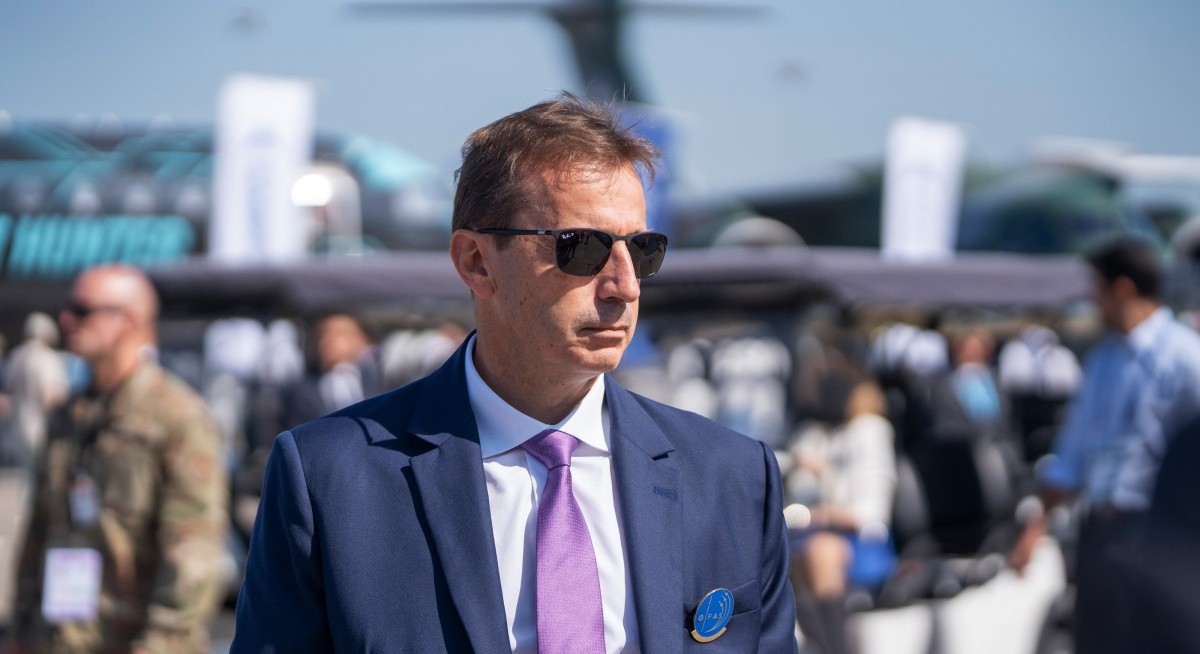“Our success is conditional on them,” Faury said, referring mainly to the engines provided for its bestselling A320 family of aircraft. “It’s not an easy place to be, it’s stressful.”
At this point, Airbus will need to hand over close to 100 aircraft each month to customers in the remainder of 2025. That’s considerably more than at any point so far this year, though Faury said that “on paper it works.” The company delivered 61 aircraft in August, bringing the number to date to 434 units.
Airbus has been forced to park ready-built aircraft without engines at its facilities, and Faury said that the bottleneck should ease by the end of the year. Deliveries generally tend to pick up speed in the final weeks, though Faury acknowledged that the company is “a bit behind” on its handover goals.
“It has slightly improved, but there’s still a lot we need to get from the engine makers between now and, let’s say, the end of November to be sure that we can deliver on our forecast,” Faury told reporters at the conference.
See also: Boeing to cut around 300 defence supply chain jobs — Bloomberg
Single-aisle jets are the most important product for both Airbus and rival Boeing Co, making up the bulk of their commercial business. Faury said the company is working on its next-generation model, which it plans to enter into market in the latter part of the next decade.
The new plane will seek to provide efficiency gains of about 25% over the current generation, Faury said. Half of that will come from the engines, while the other half will come from advancements in aeronautics, the wings and the plane’s weight, he said.




